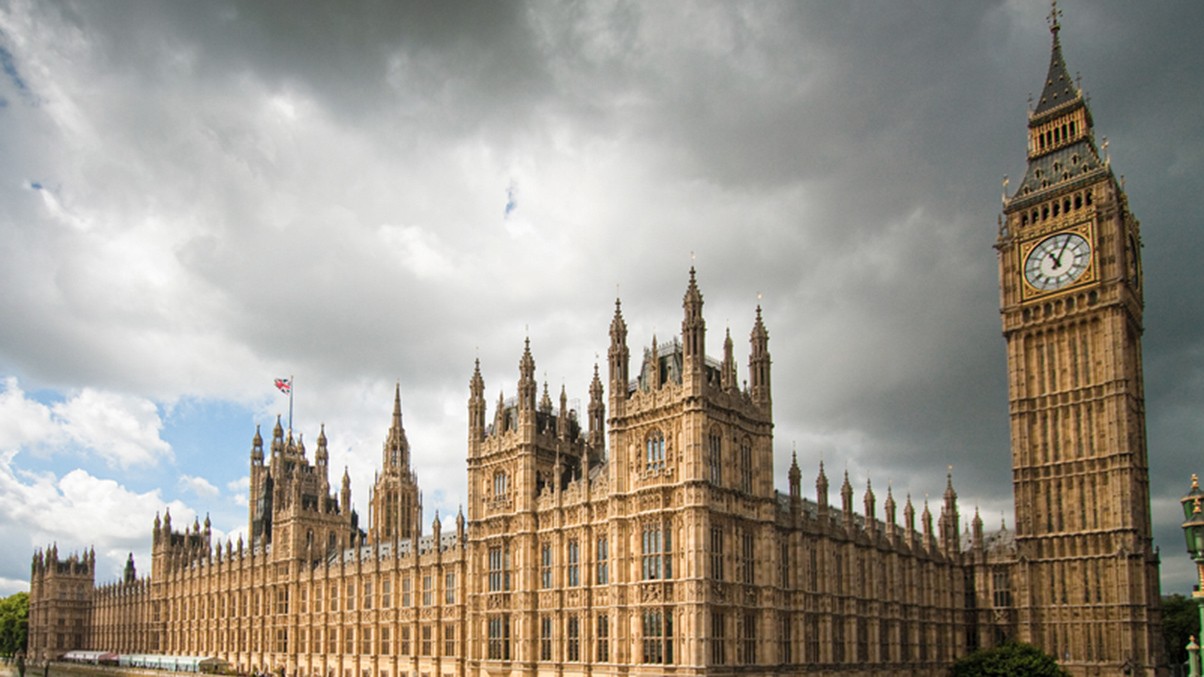The ‘E’ in ESG (Environmental, Social and Governance) is difficult to navigate, but companies need to find the right balance. One issue that has consistently hit headlines is greenwashing – companies misleading the public or investors about the environmental impact of their activity. Falling foul of climate regulations can be a litigation risk, but overpromising and inviting accusations of greenwashing might be equally damaging.
Commercial Litigation partner Elaina Bailes recently spoke to Compliance Week, providing the UK perspective in a broader view of the different approaches European jurisdictions are taking to combat greenwashing.
The full article, available to read here, highlights that the UK along with EU neighbours including Denmark, France, Germany and the Netherlands have “identified the financial services sector as being one of the biggest culprits” of greenwashing, “particularly regarding trying to entice pension funds to invest in supposedly green funds. Financial regulators in these countries have been vocal in their desire to see the bloc pass EU-wide legislation to prevent greenwashing.” Other countries have approached the matter largely from a competition law perspective.
Elaina considers the existing regulatory landscape in the UK and how claims might develop in the future.
What is the UK doing to combat greenwashing?
There is currently no specific anti-greenwashing legislation in the UK. However, businesses falsely advertising products as ‘green’ or sustainable may be caught by existing laws including for misrepresentation or consumer protection laws which prevent false advertising. The Advertising Standards Agency (ASA) can also penalise businesses for misleading adverts and the Competition and Markets Authority (CMA) has issued a Green Claims Code.
Increased regulation of the reporting done by financial services firms on the sustainability of financial products and services is also on the cards – the UK government has recently published its roadmap to sustainable finance. Regulations brought in this year already require the largest listed UK companies to disclose climate-related financial information as of April 2022. We can expect to see increased regulation across all sectors as the UK seeks to keep up with US and EU regulators in this sphere.
What notable cases or sanctions have been established?
So far in the UK, there have not been any notable greenwashing legal cases. The most high profile examples have involved fines and investigations by the advertising standards agency, rather than legal claims. For example, a leaked ASA decision reportedly found that HSBC had been misleading customers by highlighting their climate change initiatives, omitting to refer to the bank’s considerable contribution to rising omissions.
We expect the current situation to change significantly over the coming years as the sustainability disclosure obligations kick in for large companies. This could lead to a raft of litigation based on misleading disclosures in published materials, under s90 and s90A (now Schedule 10A) of FSMA 2000.
What are the difficulties in successfully prosecuting companies for greenwashing?
As there is currently no legal definition of greenwashing in England and Wales, it can be difficult to pinpoint whether a company’s claim about its products is in fact misleading. Furthermore, a claimant must show they relied on the misleading statement for a misrepresentation claim to succeed, but it can be difficult for a buyer to prove they only purchased a product due to its green credentials.
As the regulation surrounding what companies can say about the green credentials of their products and services increases, it will be easier for claims to form. We could also see an increase in investor actions against boards of directors for falling foul of their directors’ duties if they fail to make good green claims, as in the recent case of ClientEarth bringing a claim against Shell’s board challenging its net zero strategy.
What practical steps should companies take to ensure compliance? Is it easy for companies to fall foul of greenwashing allegations?
Climate-related law and regulation is a fast-moving area and it is easy for companies to slip up. On the reputational side, companies are also facing changing standards of public opinion, which are moving faster than the relevant regulatory requirements. Carbon offsetting may have satisfied customers of green credentials in the past, but this too is now coming under fire from the public.
Companies need to take early legal advice on the potential implications of product descriptions, stay up to date with legal and regulatory developments and provide training for marketing teams and boards to ensure their green claims stay up to speed with legal standards and public opinion.
Stewarts Litigate
Stewarts has launched a ground-breaking after the event (ATE) insurance facility with Arthur J. Gallagher Insurance Brokers Limited. ‘Stewarts Litigate‘ is designed to work alongside our alternative funding agreements. The facility provides our commercial disputes clients with rapid access to comprehensive ATE insurance at pre-agreed market leading rates. The facility can provide coverage of up to £4 million in three business days and up to £18 million within ten business days.
Find out more about Stewarts Litigate here.
This communication has been authorised by Arthur J Gallagher Insurance Brokers Limited for the purpose of s21 of the Financial Services and Markets Act 2000
You can find further information regarding our expertise, experience and team on our Commercial Litigation pages.
If you require assistance from our team, please contact us.
Subscribe – In order to receive our news straight to your inbox, subscribe here. Our newsletters are sent no more than once a month.







